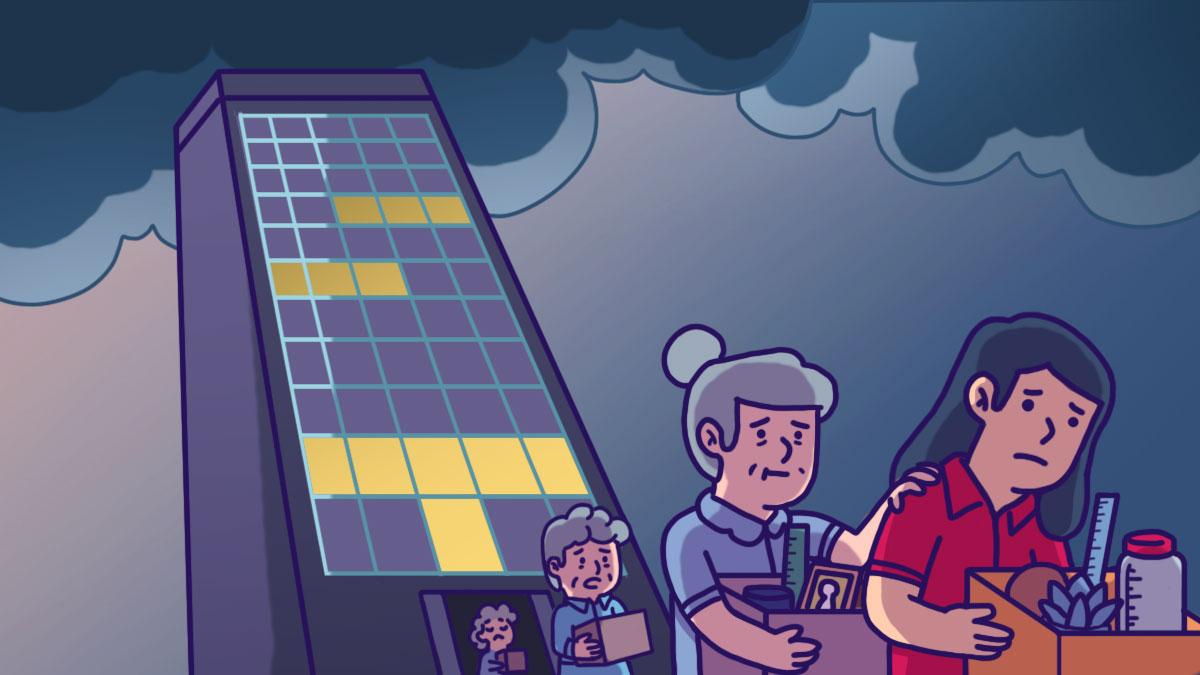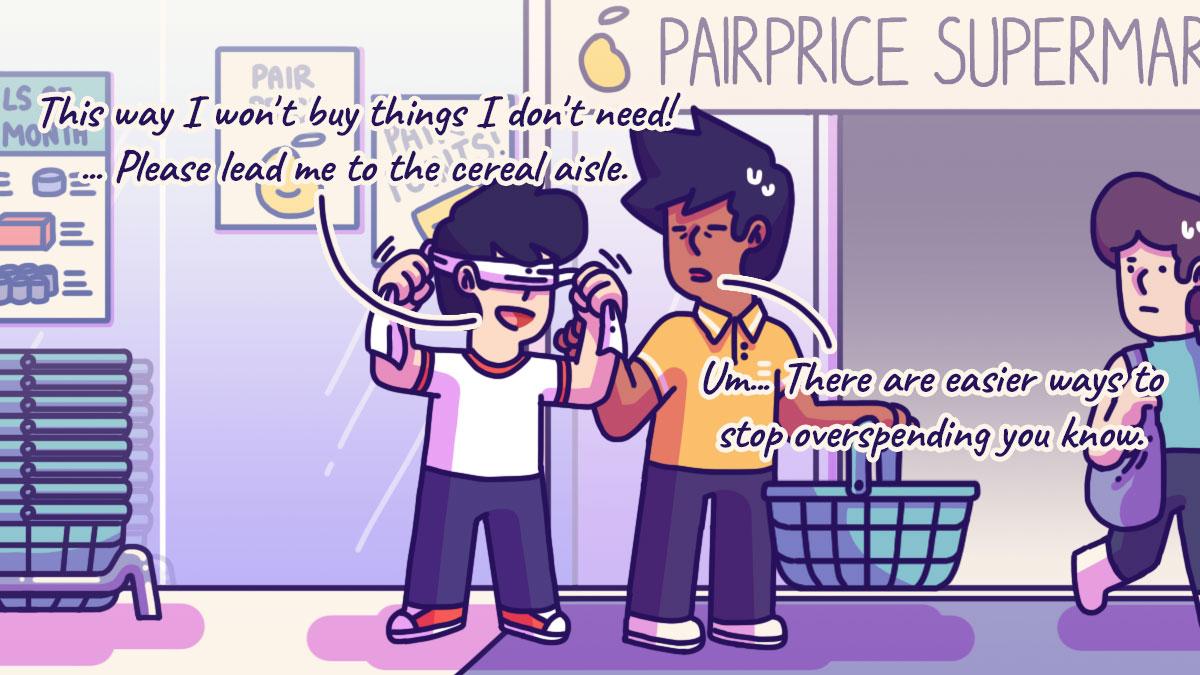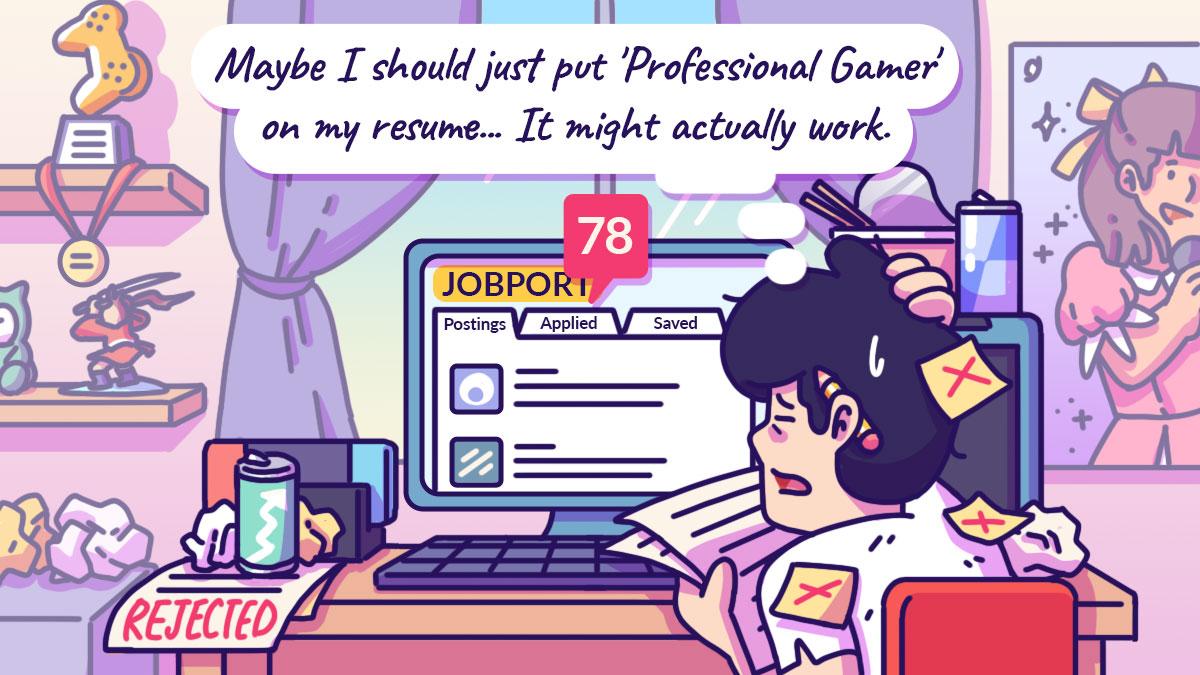Retrenchments were on the rise
COVID-19 has changed the global employment landscape dramatically. In Singapore alone, 11,350 employees, half of them (6,460) Singaporeans, were retrenched from their jobs between January and mid-2020. Although things started to look up in 2021, the volatile situation continued to have lasting impact on sectors like tourism, aviation and some F&B and retail. According to the Ministry of Manpower, unemployment among Singapore citizens rose from 3.7% to 3.9% in July 2021. Kat was among those that were retrenched during this uncertain period. When asked if she was surprised by the retrenchment, Kat, who studied film and was working in the media industry as a video producer, said she saw it coming. “My previous company was experiencing declining revenue even before the pandemic. When Covid struck, work started to dry up, especially due to filming restrictions. That was the last straw and the company had to let go of half the digital media department,” she said. While Kat felt a slight loss of identity, which stemmed from the sudden change in her daily routine, she was prepared for it, mentally. She had been considering a career change and took this as a sign to relook her options.Getting back on your feet
“It’s not easy dealing with a sudden loss of income and financial uncertainty,” said Jason Low, Principal Career Coach at Workforce Singapore. “People may suffer from emotional discomfort as their sense of self-worth and confidence in their capabilities are being questioned.” Jason felt that being retrenched is not a reflection of one’s abilities, but a result of business decisions being affected by external circumstances. The balm for retrenched individuals is mental reframing and self-reflection. “Use this time to take stock of the situation, spend time with family, recharge, and pick up new skills,” he said. “Be open to opportunities and be flexible. Employers are still hiring, and there are opportunities out there. It’s important to reflect on your career interests, look up relevant information on the industry or job you’re eyeing, and act on it. Go for job interviews and attend career fairs, and networking seminars.” This is exactly what Kat did.Improve, grow and move forward
Fortunately, Kat had emergency savings, which spared her from “financial and emotional turmoil”. This also meant that she didn’t have to ‘settle’ for the first job – or any job – that came her way. Instead, she pursued a part-time degree in marketing and communications. During this time, she read books to improve her digital marketing skills, took courses, and attended online networking events to meet new people and learn about available job prospects. Kat would scour sites like MyCareersFuture, JobStreet and LinkedIn, which have a wealth of resources people can access, such as career coaches and articles that teach prospective employees skills like how to prepare for an interview.
Kat would scour sites like MyCareersFuture, JobStreet and LinkedIn, which have a wealth of resources people can access, such as career coaches and articles that teach prospective employees skills like how to prepare for an interview. 










